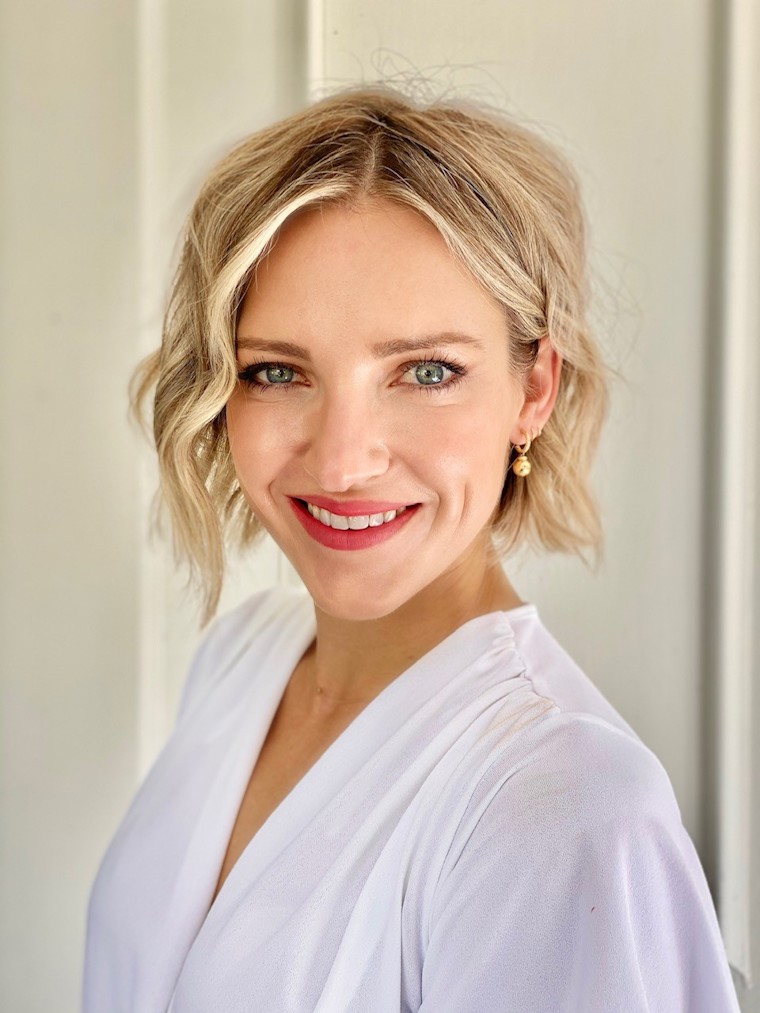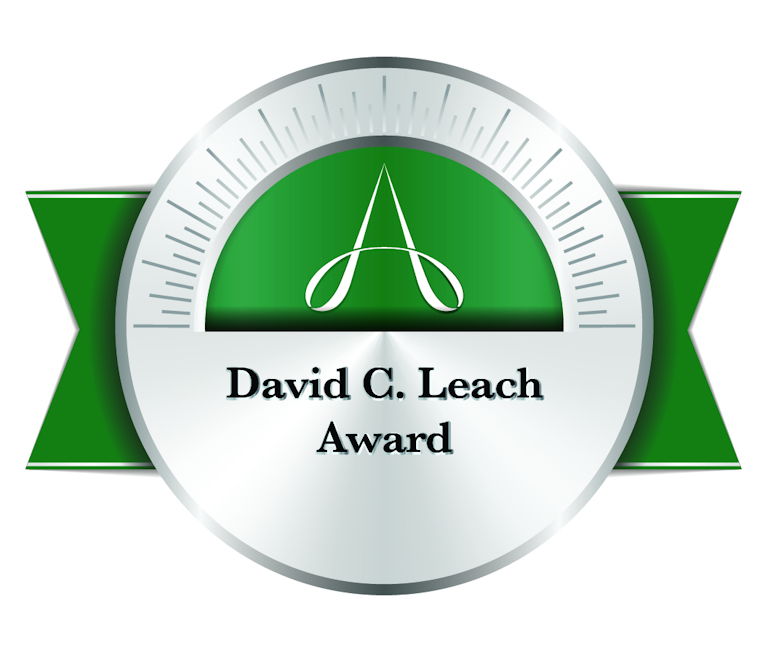This interview is one in a series of interviews with recipients of the 2021 ACGME Awards. The awardees join an outstanding group of previous honorees whose work and contributions to graduate medical education (GME) represent the best in the field. They will be honored at the ACGME Annual Educational Conference, taking place virtually February 24-26, 2021.
2021 David C. Leach Awardee Amanda Lezanski-Gujda, DO is the head of teledermatology at Walter Reed National Military Medical Center.
ACGME: Why did you want to become a physician?
Lezanski-Gujda: In elementary school, I wanted to become a veterinarian like my grandfather. I was drawn to tending wounds and any task that involved fine motor skills. My grandmother sat me down one day and said, "The animals will be fine, but the world needs more doctors like you." From that day on, I wanted to be a physician.ACGME: What was the most rewarding part of your residency?
Lezanski-Gujda: The most rewarding part of my residency was treating military service members, retirees, and their families.
ACGME: What was most challenging?
Lezanski-Gujda: The COVID-19 pandemic created challenges that none of us could have imagined. Coordinating our clinical and administrative efforts in the first few months of 2020 was arduous and taxing. With strong leadership in our department and the collective effort of many, we were able to overcome many challenges involving technology, access to care and patient safety.
ACGME: What innovation/improvement did you implement in your program?
Lezanski-Gujda: In mid-March 2020, I was acting chief resident and was told that we needed to shut down clinic and surgeries due to the pandemic, immediately. Within two days, I created patient instructions and trained fellow residents to proceed with non-urgent encounters in an asynchronous manner using telemedicine. I was able to modify an existing HIPAA-compliant secure messaging platform to provide asynchronous and synchronous encounters for hundreds of patients in the first month of the pandemic.
ACGME: What does it mean to you to receive this award?
Lezanski-Gujda: I am truly humbled. The spring and summer months last year were especially exhausting, both physically and emotionally. Managing the tele-dermatology platform, troubleshooting for administrators, providers, and patients, working from home with my husband, fourth grader, and kindergartner was exceptionally challenging. My only motive was to help keep everyone home, healthy, and safe. I never expected to be nominated for such an award and feel overwhelmed with gratitude.
ACGME: What advice would you give to other residents/fellows who are looking to either replicate your improvement or implement an original idea of their own in their own program?
Lezanski-Gujda: My advice would be to approach all difficulties and challenges with an open mind and the intention to find a solution. It is easy to get discouraged or overwhelmed or to just give up, but I do believe that there is a solution for every problem--you just have to find it.




